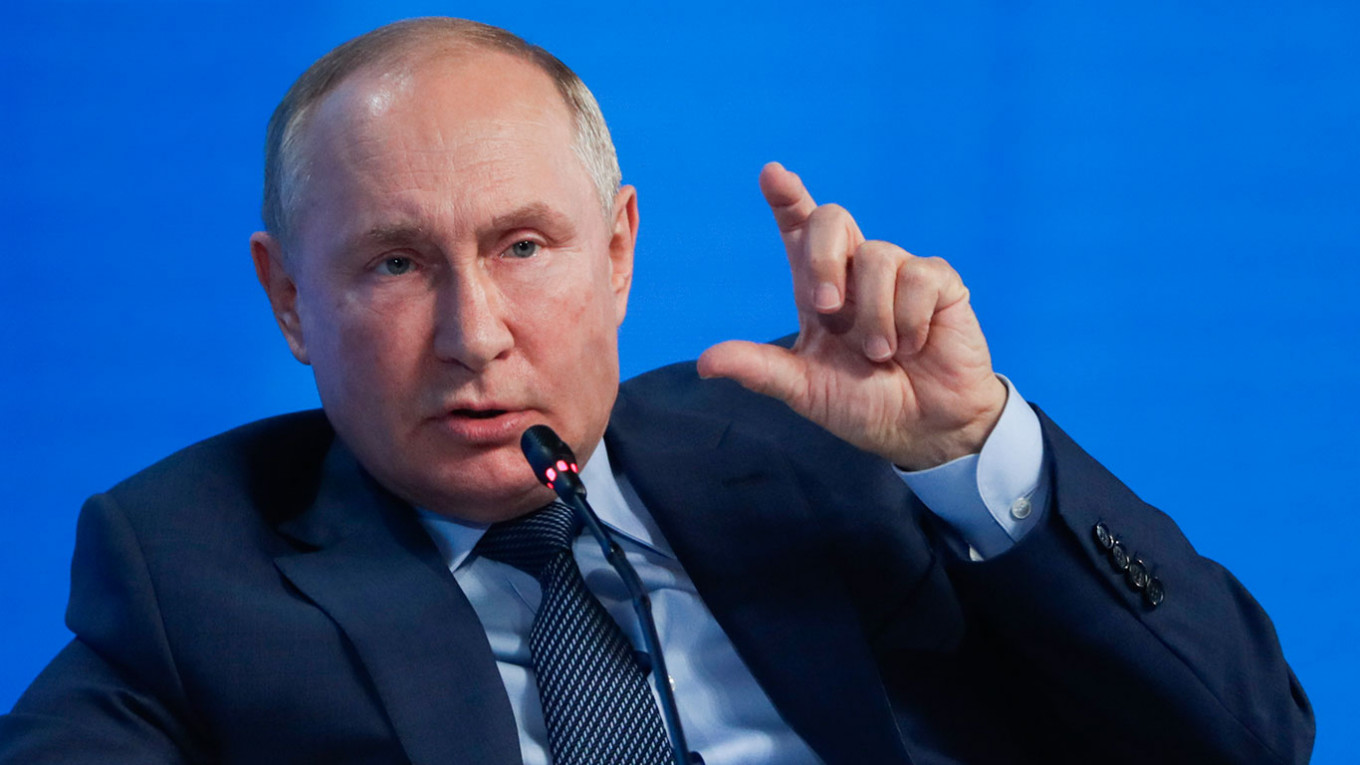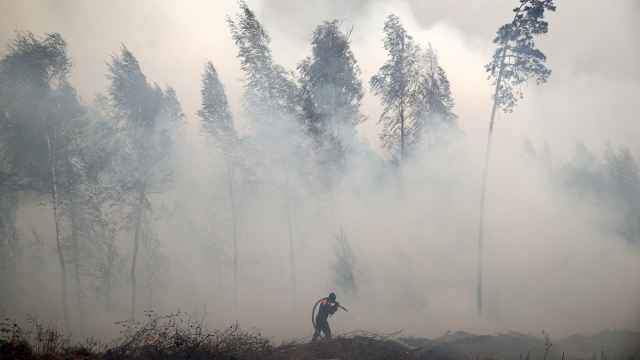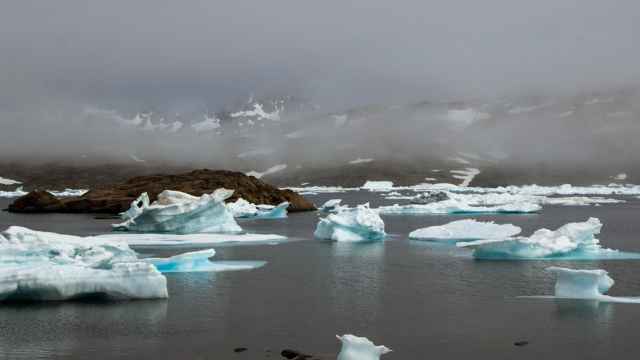The energy crunch in Europe; the knee-jerk accusations of Russia having engineered it to win early approval of the Nord Stream 2 gas pipeline; and the Kremlin’s riposte, pointing to the EU’s own policy failures, dominate the news. Yet one really important development remains underreported. Moscow’s official view of climate change and energy policy has just undergone a major reversal.
Weeks before the COP-26 climate summit in Glasgow, Russia’s Economic Development Ministry has come up with a national goal of achieving carbon neutrality by 2060.
This is not a covert attempt by the in-system liberals to begin aligning Russia’s climate policy with the policies of the world’s major powers. Rather, it is the consummation of a sea change that has been brewing for the past couple of years in the Kremlin’s thinking.
President Vladimir Putin announced the carbon neutrality goal in remarks at the recent Russian Energy Week in Moscow. Climate change denial is over.
Debate about what exactly has caused it is considered politically irrelevant. What matters are the existing realities and the current trends, which amount to all the world’s major economies moving away from dependence on fossil fuels.
As a result, the new nexus of efforts to deal with climate change, the energy transition those efforts center on, and the geopolitical impact of that transition are moving right to the top of the Russian foreign policy agenda.
Of course, this is not all or even mostly foreign policy. Energy transition, which is the core issue, will affect not just the oil and gas sector, which in 2020 accounted for 15% of Russia’s GDP, but the country’s entire economy and finances, its political economy, and the relative political influence of various vested interests.
Given the coincidence of energy transition and the inevitable transfer of political power, this combination is likely to become one of the most important processes shaping Russia’s future for years and decades to come.
Still, the foreign policy aspect of the change is non-negligible.
The carbon neutrality pledges already announced by Russia’s main economic partners — the European Union and China; the United States, Japan and others — as well as the UN climate conference in Glasgow next month are all compelling Moscow to come up with a strategy of its own, and soon. Such a strategy will aim to preserve the country’s position as an energy power, but on a much more diverse foundation.
Integrating climate science, energy issues, and geopolitical objectives to produce and pursue an effective strategy could be compared to the task faced by the Soviet Union in the late 1960s–1980s. Back then, Moscow had to come up with a practical way to link nuclear science and weapons development, military force posture and strategy, the capabilities of the defense industry, and wider foreign policy goals.
The result was transiting from the sterile rhetoric of universal disarmament to a diplomacy of strategic arms control that eventually produced strategic stability between the Soviet Union and the United States.
What is needed today is for various parts of the Russian government to pool their resources. The offices of the president’s special representative for climate issues and the special representative for liaison with international organizations on reaching sustainable development goals are evidently too small to take control.
The ministries of foreign affairs, economic development, and finance; the Russian Academy of Sciences; and the Security Council all have an interest and possess valuable expertise on the issues, but none of them can actually be charged with taking the lead on their own.
The right approach would probably be to create a special unit under a senior official reporting directly to the head of state. That unit would become an interagency coordinator among the many ministries that have interest and expertise on the relevant issues. Also, to borrow a page from the history books on Soviet arms control, a permanent mechanism could be organized of principals and deputies from various parts of the government to discuss and prepare decisions on these matters.
This would be an analogue of the Big Five on strategic arms negotiations (the Party Central Committee, the Defense Ministry, the KGB, the Military Industrial Commission of the Council of Ministers, and the Foreign Affairs Ministry). It is vitally important that whoever heads the office has direct access to the president and is well respected by international partners. He or she needs to be a worthy counterpart to the likes of John Kerry of the United States.
The current hike in gas prices in Europe has motivated a number of people in Russia to sneer at green and alternative energy projects and reassert the continuing primacy of traditional sources of energy. Life is never linear, of course. However, even if future economic development does not completely close the books on fossil fuels (and it probably won’t, at least for a long time), the balance of energy consumption by some of the key buyers of Russian oil and gas will most likely change fast.
The speed of change means that temporizing now would undermine Russia’s chances of limiting the damage from the reduction of the world’s demand for its oil and gas. It would also prevent it from participating in developing new global norms and from taking advantage of its vast potential capabilities in such areas as hydrogen energy. Strategic decisions on that score have just been made, and this is a crucial positive step.
The task now is to construct well-designed mechanisms to implement those decisions nationally and in foreign policy.
This article was first published by the Carnegie Moscow Center.
A Message from The Moscow Times:
Dear readers,
We are facing unprecedented challenges. Russia's Prosecutor General's Office has designated The Moscow Times as an "undesirable" organization, criminalizing our work and putting our staff at risk of prosecution. This follows our earlier unjust labeling as a "foreign agent."
These actions are direct attempts to silence independent journalism in Russia. The authorities claim our work "discredits the decisions of the Russian leadership." We see things differently: we strive to provide accurate, unbiased reporting on Russia.
We, the journalists of The Moscow Times, refuse to be silenced. But to continue our work, we need your help.
Your support, no matter how small, makes a world of difference. If you can, please support us monthly starting from just $2. It's quick to set up, and every contribution makes a significant impact.
By supporting The Moscow Times, you're defending open, independent journalism in the face of repression. Thank you for standing with us.
Remind me later.








